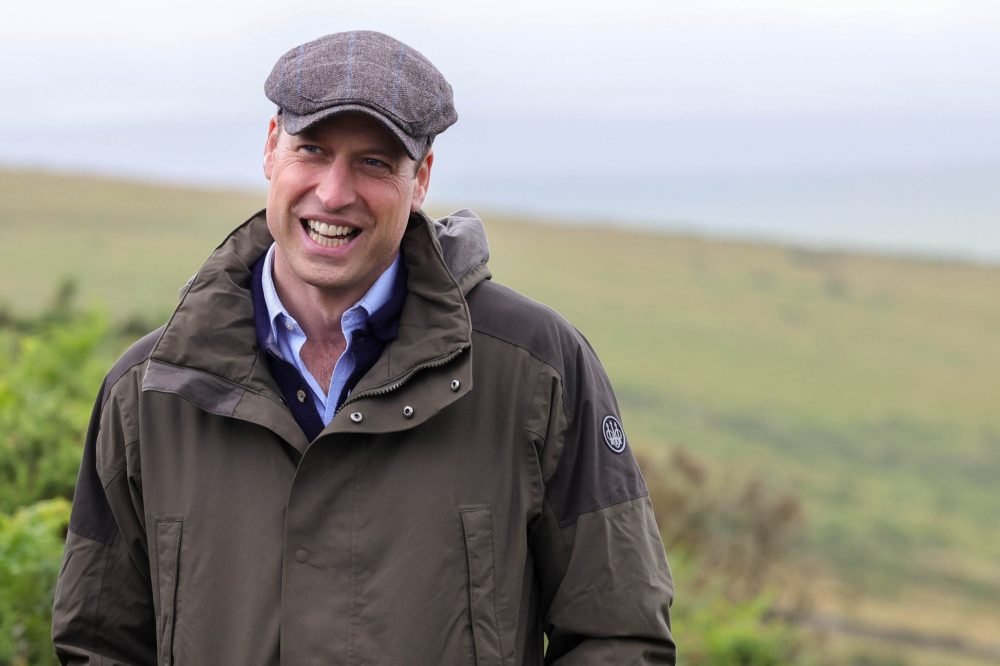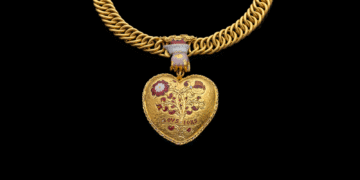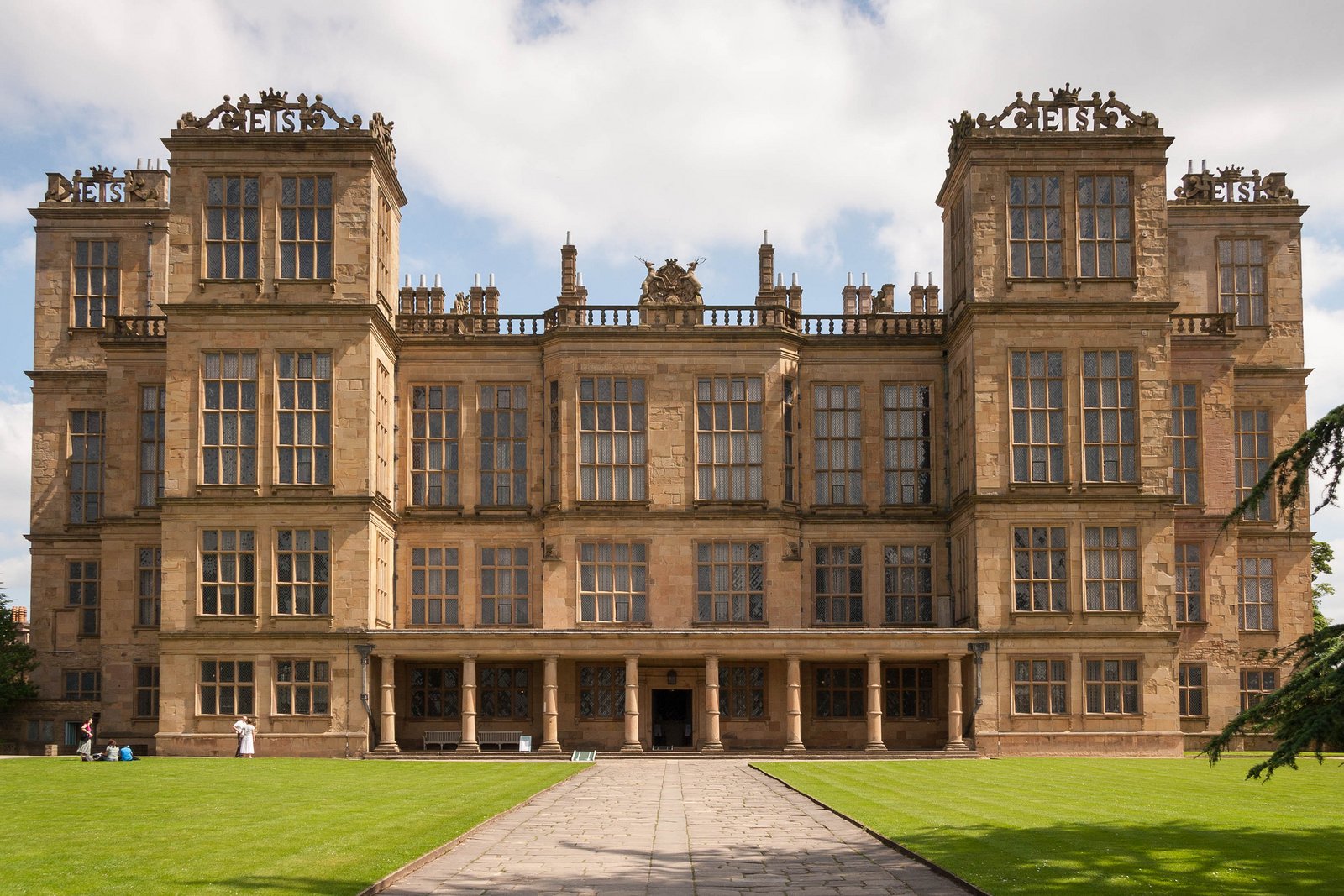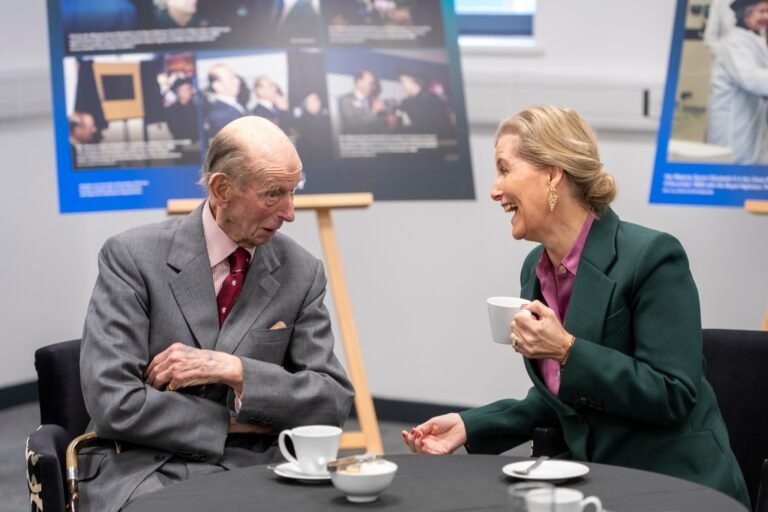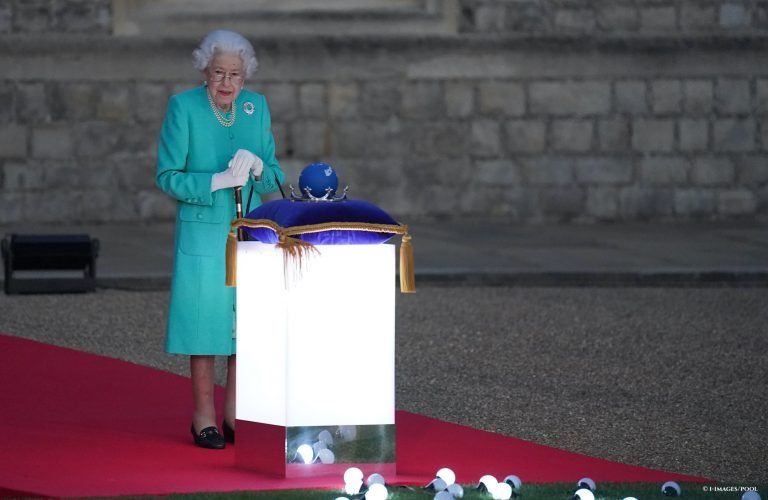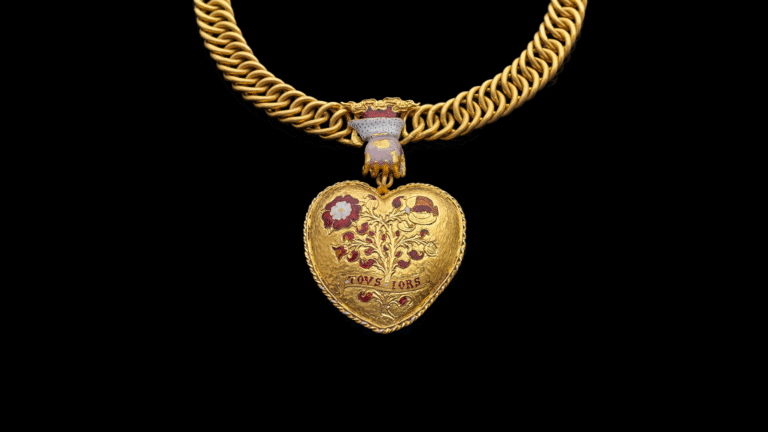The Duchy of Cornwall is oft spoken about by the media in relation to Prince William’s less public work, but what is it and why is it so important?
What is the Duchy of Cornwall?
Belonging to The Duke of Cornwall (always the eldest son of the Monarch and heir to the throne), the Duchy is a private estate, largely based in the south west. Currently, it is formed of 53,000 hectares across 23 counties; land and property are owned all over the UK. 13% of the Duchy lands are in Cornwall.
The Duchy funds the heir’s public, charitable and private activities. It is one two Royal Duchies, the other being The Duchy of Lancaster. Currently this income funds Prince William and Catherine, and their children – they are not supported by The King.

The Duchy’s beginnings
One of the oldest and largest estates in the country, The Duchy of Cornwall was created in 1337 by Edward III for his son and heir. Edward intended for his son to be able to support himself and not rely on the royal coffers.
Following the death of the Sovereign, the heir automatically becomes the next King or Queen, and if male, their heir (formerly second-in-line) assumes the title Duke of Cornwall. While eldest sons will eventually be invested as Prince of Wales, this is not an automatic title, whereas the Dukedom of Cornwall is.
The Duchy works slightly differently to normal estates, in that the incumbent does not have to die for the estate to be passed on. Edward III decreed that each future Duke of Cornwall would be the eldest son of the Monarch and the heir to the throne, so the former Duke (who would now be the King), would still be alive when his son inherits the title and estate.
What rights does The Duke of Cornwall have?
It is a long established tradition that Prince William, as Duke of Cornwall, is asked for his consent on Parliamentary bills which affect Duchy of Cornwall interests – this is just the same as The King providing consent to bills that would affect Crown interests. Each time consent has been sought and granted, it is recorded.
When Charles was Duke of Cornwall, it apparently was every time he was asked.
When someone dies in Cornwall with no will or surviving relatives, their property (or ‘estate’) passes to the Duchy of Cornwall – this is bona vacantia, meaning vacant goods or ownerless property, another right of The Duke of Cornwall. The Treasury would deal with this scenario outside of Cornwall, save in Lancaster, the other Royal Duchy.
Each time this happened during his time as Duke, Prince Charles donated all of the money to the Duke of Cornwall’s Benevolent Fund; this was established in 1975 to benefit local communities in the South West. For example, following the devastation of the Foot and Mouth epidemic in 2001, this fund donated £100,000 to farmers affected. Other causes, such as conservation, education and community projects benefit from the money.
It is currently unclear if Prince William will do the same but it has been a strong precedent set by his father.
While the Monarch holds all the rights to ‘royal fish’ that wash ashore or are caught in British waters, the right is transferred to The Duke of Cornwall if they are found or caught on Duchy land. Prince William and The King rarely exercise these powers nowadays, though it is still a crime to take these fish without permission.

You may not use a metal detector on Duchy land, and only on un-let beaches if you are a member of an approved metal detecting organisation. You must also apply for a license with the Duchy to search on their shores.
Prince William, as current owner of the Duchy of Cornwall, is not actually entitled to all proceeds or profit on the sale of property and land. Property transactions of £500,000 or more have to be approved by the Treasury.
The Treasury must also must seek to ensure that the estate’s capital is protected for future generations, which was set out in the Duchy of Cornwall Management Acts.
Prince William – Prince of Wales and Duke of Cornwall:
Our current Prince of Wales is the 25th Duke of Cornwall. Catherine holds the title ‘Duchess of Cornwall’ as it is her husband’s second title, and highest of his lesser titles (the others being The Duke of Rothesay, Earl of Chester, Earl of Carrick, Baron of Renfrew, and Lord of the Isles).
Since inheriting the Duchy in 2022, Prince William has shown a keen interest in modernising its operations while respecting its heritage. He has expressed a desire to ensure the estate operates with a strong focus on environmental stewardship and climate-conscious practices. This includes supporting renewable energy projects, sustainable farming methods, and rewilding initiatives across Duchy lands.

As part of his work to tackle homelessness, Prince William announced plans to build 24 homes on Duchy of Cornwall land to help tackle homelessness. The construction of the homes in Newquay, began in September 2024, with the first homes due to be completed in autumn 2025. They will be built in partnership with homelessness charity St Petrocs. The homes are part of William’s ‘Homewards’ campaign.

Duchy finances:
Following a ruling in 1913, income The Duke of Cornwall is not liable to taxation on income from the Duchy. However, since 1993, Prince Charles voluntarily paid tax on the profits of the Duchy, minus official expenditure (staff costs, travel etc). About half of his income from the Duchy was spent on public and charitable works each year, and before his accession, £100 million was raised for charitable causes.
William does not pay capital gains tax in terms of the Duchy, nor corporation tax, as he is not entitled to the capital of the estate, nor is the Duchy of Cornwall a corporation.
The Duchy’s accounts are audited by a professional auditor. These are then laid before the House of Commons and the House of Lords so that Parliament can be satisfied that the Treasury is fulfilling its statutory responsibilities. The Prince of Wales also publishes details of his income and expenditure in his Annual Review, but is not required to – however we have not seen these accounts since William took on the estate.
What happens if the heir is a minor?
If, for example, Prince George somehow inherits the Duchy before he is 21, he will be classed as a minor.
Since the passing into law of the Sovereign Grant Act 2011, which changed how the Monarchy is funded amongst other things, if a minor becomes Duke of Cornwall, 10% of the revenues will pass to the heir, and the rest to the Crown, likely the child’s parents as King or Queen.

And if the heir is a girl? Is she The Duchess of Cornwall?
The Duchy can only be inherited by the eldest son of the Monarch, which was stipulated by the charter of 1421. It follows a similar rule to becoming Prince of Wales: Princess Elizabeth was not created ‘Princess of Wales’ when her father ascended the throne in 1936 – despite being the heir apparent – because she was female. These titles are only used for the wife of a Prince of Wales and/or Duke of Cornwall.
When there is no male heir, the Duchy reverts to the Monarch. The King or Queen receives the entirety of the Duchy of Cornwall’s income, and the Sovereign Support Grant, which the government passes on to the Monarch from the Crown Estate, is reduced. So when George VI became King, not having a son, he benefitted from the income.
And what if The Duke of Cornwall dies before The King or Queen?
If the heir dies, his son does not inherit the title and, therefore, the Duchy. If the eldest son should die without children, then his next brother obtains the dukedom, as he becomes the eldest son. So, if William died before The King, George would not inherit the Duchy: he would be created Prince of Wales at some point as heir to the throne, but would not be eligible to be Duke of Cornwall. That title would go to Prince Louis…!
The Duchy under Prince Charles:
Charles has done a wonderful job with the Duchy in his time of heading its management.
He inherited the Duchy of Cornwall when he was born, and began to be involved in its running from his late teens. He received income (albeit reduced as he was not yet 21) from the estate from a younger age.
‘Across all our estates, and in all of our business operations, I will continue to try and ensure that the Duchy makes a real and lasting contribution to the communities in which we live and work,’ the former Prince of Wales has said of the Duchy of Cornwall.
One rather special thing he has achieved is Poundbury: this is an urban extension to Dorset. It was built on the principles of architecture and urban planning which Charles supports, such as having all the amenities you might need within walking distance.
It was begun in late 1993, with the aim of creating a high-density urban quarter with priority to people. Commercial buildings are mixed with residential areas, shops and leisure facilities and the entire town is walkable. Poundbury provides employment to 2,000 of its 2,500 inhabitants (some of whom live in 11 eco-homes) and is home to 170 businesses. Poundbury is not yet finished, and looks to be complete by 2025.
Duchy Originals is a business founded in 1992 by Prince Charles. It is a separate organisation to The Duchy of Cornwall, and uses produce from the Duchy for numerous products, which are then sold. In 2009, Waitrose obtained the exclusive rights to create and sell Duchy Originals products in the UK; some of the products available include oat biscuits, using oats from Duchy Home Farm. All profits from the sale of Duchy Originals products are donated to The Prince of Wales’s Charitable Foundation.
The Duchy is something Charles is particularly proud of from his time as Duke: his tireless work and belief in preserving heritage for the future has seen the estate grow and improve like never before. In six years (from 2008 to 2015), the Prince of Wales had increased the capital value of the estate by 30%.
‘Diversity is perhaps the Duchy’s greatest strength and its continuation is one of the most important things we can hand on to the next generation,’ said Charles.

